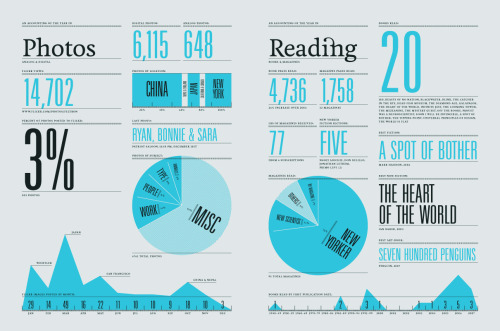F8: Talking loud, saying something

Here's something I posted elsewhere as a first reaction to the Facebook F8 developments, no doubt it'll need a rethink as they roll out the new features and they come into focus. Meanwhile, I'm working on a project that will, in some part, use the timeline and the integration features of one of the third party partners announced at F8 at present, which I hope will be a really fun and creative exploitation, so more on that soon.
The below was originally posted on 23.9.2011:
For a Facebook sceptic, yesterday's F8 announcements were an eye-opener. There's a lot to take in but boiled to its essence, the big news is #1 the timeline and #2 integration with key third-party entertainment content brands. As with all things in Facebook's social graph stew, the two are intrinsically linked and it's these sort of tangential connections between all things in the ecosystem that makes the sum total of all yesterday's news hard to process - there's no neat beginning and end to the features.
The introduction of third party content seems like a pretty seismic development for a platform which, in the words of James Brown, often amplified the business of 'talking loud, saying nothing'. Now, integration of services like Spotify and Deezer allow realtime sharing of the music that you are listening to, the articles that you are reading - and with the integration of Netflix so far in Canada and Latin America - the TV and films you view. Crucially, this takes out that moment of consideration in the sharing process - the one where you think 'how will sharing this make me look to my friends' - instead replacing it with an unmediated stream of the audiences' actual media consumption. So, enjoy watching your most considered friends unmasked as avid Coronation Street viewers, lovers of REO Speedwagon and aficionados of the films of Kevin Bacon.
The Timeline is a much richer way of presenting the individual's story and answers the issue of what to do with The Wall, given that most people now only interact with the News Feed. We're big fans of the lovely Memolane start-up here and there's a similar richness to the Facebook timeline which was influenced by the personal infographics or 'scrapbooks' of designer Nicholas Felton (pictured).

This is a really exciting development for people like us, whose ambition is to make rich social applications that enable audiences to connect in social media and celebrate passions and interests. Apps now feel so much more central to the experience and will have to be smarter, richer and more personalised for the most sophisticated users.
Content, of course, becomes ever-more the principle currency for brands looking to interact in these spaces and the announcement of verb-based 'actions' to add crucial nuance to the act of 'Liking' content, opens up a new seam of advertising potential through Facebook's Sponsored Stories product. Integration with the social graph is crucial to driving the potential of this data and the humble Facebook brand Page - always a thin proposition - now looks woefully insufficient.
The overall impact is a significant further stride towards Zuckerberg's ambition to channel your web experience through Facebook, building a sort of shopping mall of digital content (albeit with Deezer, The Guardian, Netflix and others boasting some pretty great shops). Perhaps there are those of us who will prefer to continue making trips to boutique high street shops but, unquestionably, these are huge advances for the world's favourite social network.




0 Comments:
Post a Comment
<< Home